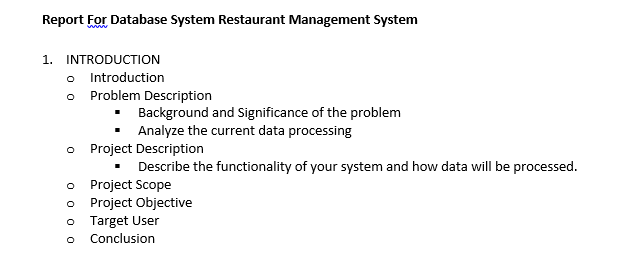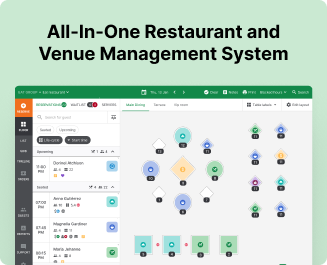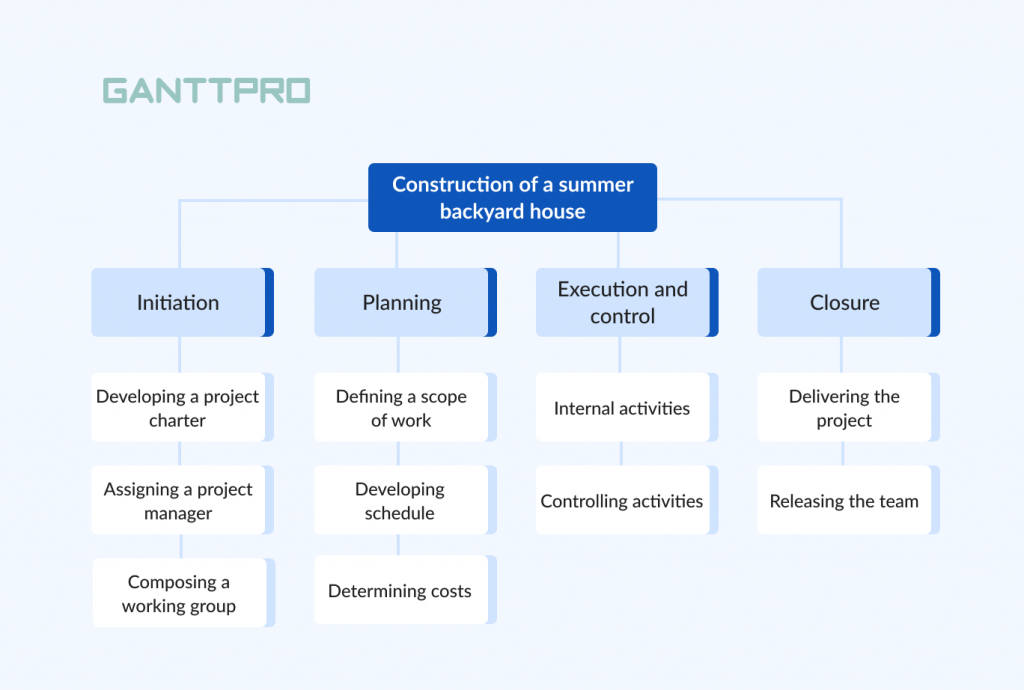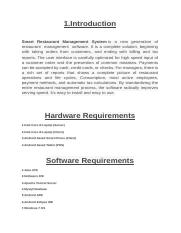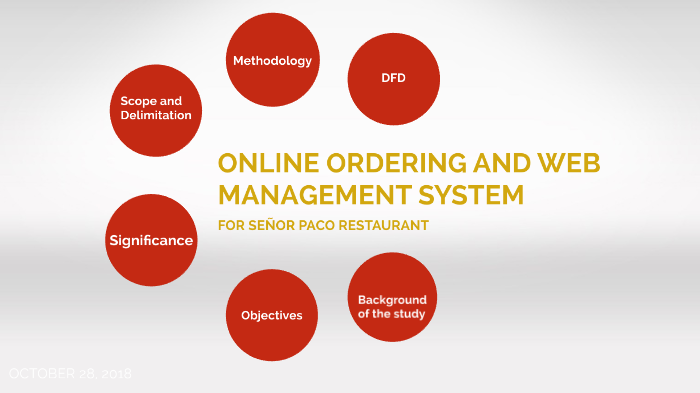A restaurant management system is a software program that helps restaurant owners and managers oversee and streamline various aspects of their business. These systems can be used to manage a variety of tasks, including inventory management, employee scheduling, customer relationship management, and financial reporting. In this essay, we will explore the scope of a restaurant management system and how it can benefit a restaurant.
One of the primary functions of a restaurant management system is inventory management. This involves keeping track of the food and beverage items that a restaurant has in stock and ensuring that there is always enough on hand to meet customer demand. A good restaurant management system will allow the owner or manager to track inventory levels in real-time, set up alerts for when certain items need to be reordered, and generate reports on inventory usage and cost. This can help the restaurant save money by reducing waste and overordering, and it can also help improve the customer experience by ensuring that there is always enough of the menu items they want available.
Another important aspect of a restaurant management system is employee scheduling. With so many tasks to juggle, it can be challenging for restaurant owners and managers to keep track of who is working when. A restaurant management system can help with this by allowing the owner or manager to create and manage employee schedules, track time off requests, and assign tasks and responsibilities to individual employees. This can help improve the efficiency and productivity of the restaurant, as well as reduce the amount of time spent on administrative tasks.
Customer relationship management is also a key feature of a restaurant management system. These systems often include tools for managing customer information, tracking customer loyalty programs, and gathering customer feedback. This can help a restaurant understand its customers better and provide a more personalized and enjoyable dining experience. Additionally, a restaurant management system can help with marketing and promotion efforts by providing data on customer preferences and buying habits, which can be used to target marketing campaigns and special offers to specific groups of customers.
Finally, a restaurant management system can help with financial reporting and analysis. These systems can track sales and revenue data, as well as expenses such as food and labor costs. This can help the owner or manager identify trends and areas for improvement, and make more informed business decisions.
In conclusion, a restaurant management system is a valuable tool for restaurant owners and managers looking to streamline and improve various aspects of their business. From inventory management and employee scheduling to customer relationship management and financial reporting, a restaurant management system can help increase efficiency, boost customer satisfaction, and drive profitability.
